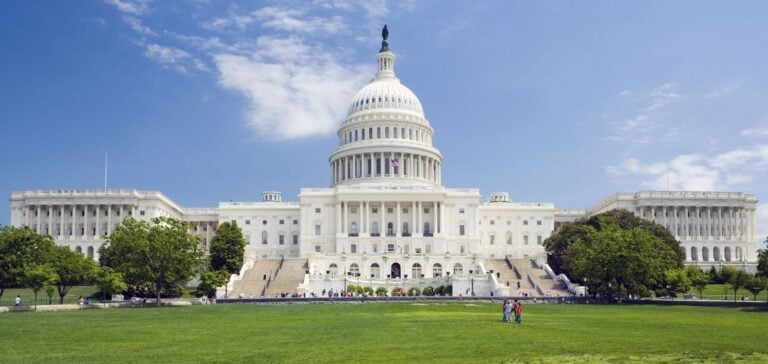Senior US Republican lawmakers sent a critical letter to Fatih Birol, Executive Director of the International Energy Agency (IEA), on March 20. They accuse the organization of actively promoting energy transition at the expense of energy security. The letter, signed by John Barrasso and Cathy McMorris Rodgers, criticizes the IEA for discouraging investment in traditional energy sources. They argue that this posture could exploit IEA forecasts to promote policies that compromise energy security.
Pressure on IEA forecasts
The controversy comes against a backdrop of increasing pressure on the IEA regarding its long-term oil demand forecasts. The US election year is intensifying attention on these forecasts, particularly those suggesting that oil demand could peak as early as 2030. The IEA, established after the oil shock of the 1970s, is facing criticism from OPEC and specifically Saudi Arabia for its projections. The IEA’s predictions have attracted intense scrutiny, reflecting the tensions between expectations of continued oil demand growth and energy transition scenarios.
Questions about IEA funding
The letter from the Republican legislators also calls into question US funding of the IEA over the past decade. It suggests a reassessment of US financial support for the IEA depending on the outcome of the forthcoming US elections. Discussions among Republican lawmakers are considering the potential reduction of federal funding to the IEA. This indicates a willingness to look closely at all aspects of US involvement with the IEA, including its funding.
Reactions to the energy transition
Republican lawmakers’ criticism of the IEA is part of the debate over the speed of the energy transition. At CERAWeek in Houston, the heads of major oil companies disputed the feasibility of a rapid shift away from fossil fuels. Amin Nasser, CEO of Saudi Aramco, called calls to phase out fossil fuels a “fantasy”. The CEOs of ExxonMobil, Chevron and TotalEnergies also voiced their concerns, underlining the continuing need for investment in oil.
The IEA’s analyses and positions on the energy transition and the future of fossil fuels have long irritated some producers, particularly in the Persian Gulf economies. OPEC, with its Secretary General Haitham al-Ghais, accused the IEA of demonizing oil and gas producers. These tensions between the IEA and traditional energy players highlight the diverging perspectives on the global energy future and the pace of the transition to cleaner energy sources.






















